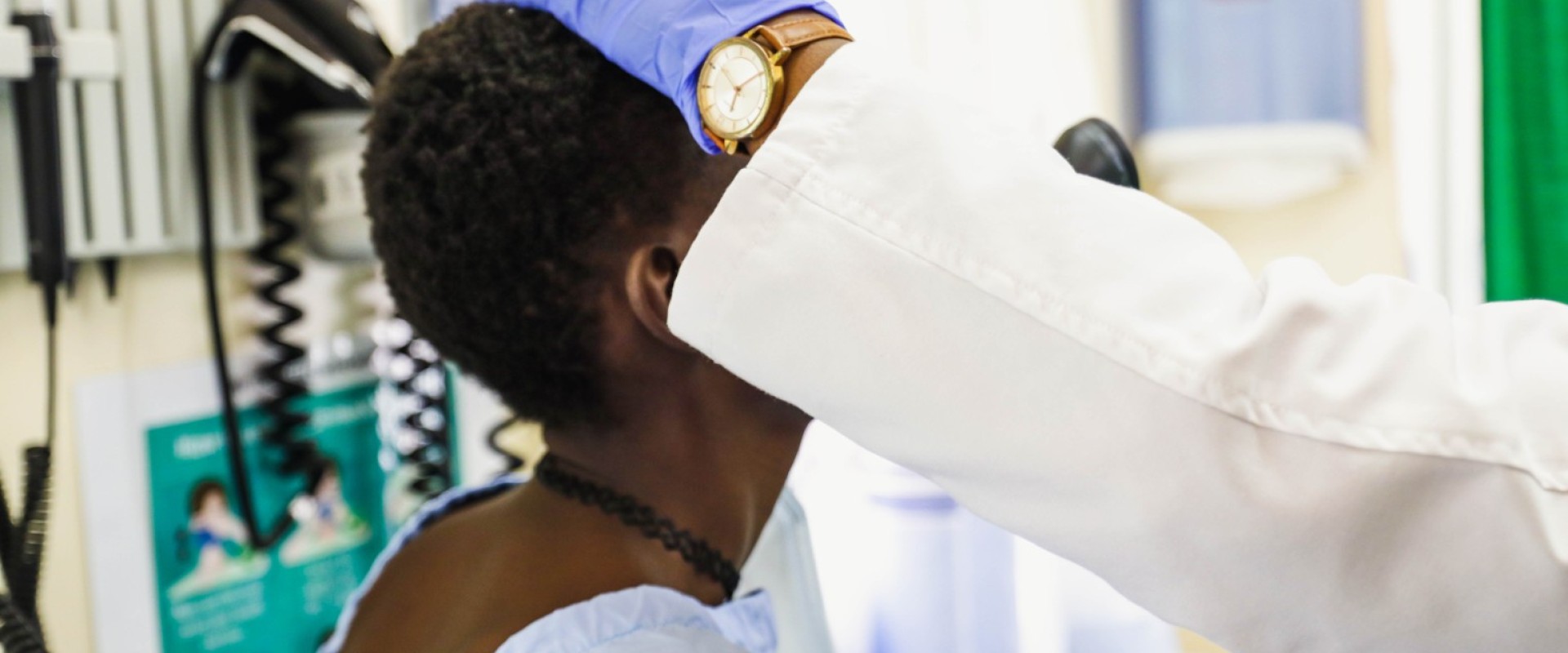Hardship and Relief in Nairobi for Child Migrant
Nancy could not have known that rather than making money she would spend weeks being cared for by strangers as she battled illness in a foreign land.
The 17-year-old left her home in Uganda’s Karamoja region with the promise of domestic work and had planned to take advantage of this opportunity. She dreamt of sending money to her family. But this was not to be.
As the first born in a large family, Nancy was expected to help put food on the table. Thus she made the decision to follow-through on the offer of a job in Kenya.
She joined a group of others who were travelling to Nairobi, albeit without travel documents. Nancy was elated to find that the promised job did indeed exist.
However, her life took a turn when, due to the advent of COVID-19, her employer let her go, leaving her stranded. “I was homeless when my boss fired me, and was left on the streets, living with other girls in the same situation as mine,” she said.
Along with 92 other irregular migrants, Nancy was rounded up by the Kenyan authorities and referred to the International Organization for Migration (IOM). The agency assisted in the repatriation of 32 suspected victims of trafficking in collaboration with civil society organizations in both Kenya and Uganda.
However, due to unexpected health complications, Nancy was not among the 32. Now under IOM’s care, she was provided with psychological counselling and also received medical assistance. Even then, her health deteriorated to the extent that IOM referred her for specialized medical support and treatment.
“Nancy was in a bad physical and mental health condition when we started treating her,” said Damaris Miriti, National Migration Health Physician at IOM Kenya. “We assisted her with both medical interventions, as well as psychosocial assistance to help her regain the hope of a better tomorrow.”
Three months since she first came into contact with IOM, Nancy had recovered and was awaiting repatriation to Uganda. Again IOM extended more support, providing her with a place to stay, along with with basic needs, including food and clothing.
Nancy’s situation is an example of how far IOM will go in supporting a vulnerable migrant. Even her return was managed sensitively, in line with established standards.
IOM Kenya conducted a best interest determinant analysis to ensure that her repatriation was in accordance with her status as a minor. This also entailed getting in touch with her family in Uganda to appraise them of her situation. Additionally, IOM Kenya liaised with the Uganda High Commission in Kenya to finalise the documentation needed for her return trip.
The funding for her stay in Kenya as well as her return to Uganda was provided by the EU-IOM Joint Initiative for Migrant Protection and Reintegration in the Horn of Africa (the EU-IOM Joint Initiative).
Under the programme, child returnees like Nancy have the option to return to school with the EU-IOM Joint Initiative covering the cost. Adult returnees are provided with individual reintegration counselling to guide their choices of livelihood possibilities. This may include assistance to establish a micro-business or to enroll in a vocational training programme.
Thanks to the psychosocial counselling that she received, Nancy could dream again. “I want to go back to school, and I aim to open a grocery business to sell vegetables as well,” she said.
Sharon Dimanche, the Chief of Mission for IOM Kenya, emphasized that the protection of the rights of migrants is at the core to IOM’s mandate.
“This child’s case is a clear indication of the need for a holistic approach in assisting vulnerable mobile groups and prompts all migration actors towards an immediate call for action in seeking viable solutions to irregular border crossings and the human rights needs of migrants and other mobile population,” she said.
About the EU-IOM Joint Initiative
Launched in December 2016 with the support of the European Union Emergency Trust Fund for Africa (EUTF), the programme brings together 26 African countries of the Sahel and Lake Chad region, the Horn of Africa, and North Africa, along with the European Union and the International Organization for Migration, around the goal of ensuring that migration is safer, more informed, and better governed for both migrants and their communities.
For more information please contact Wilson Johwa, email: wjohwa@iom.int
